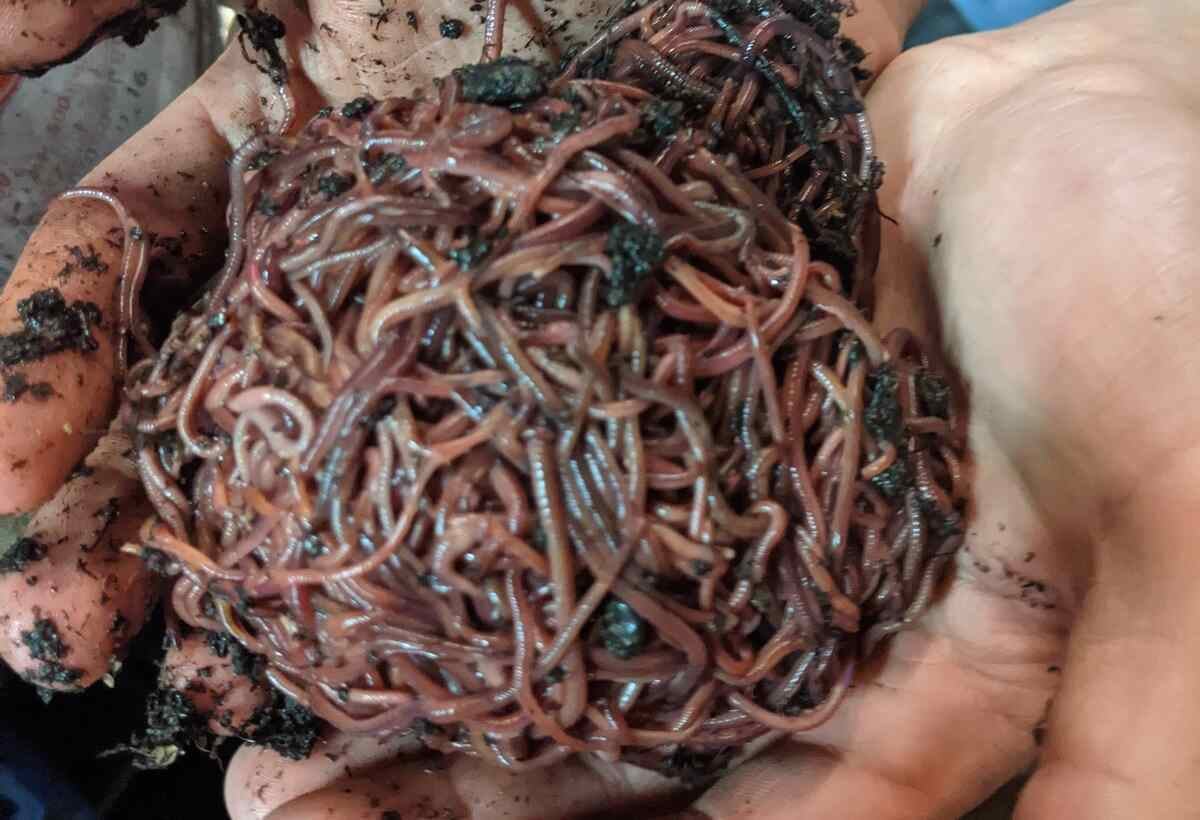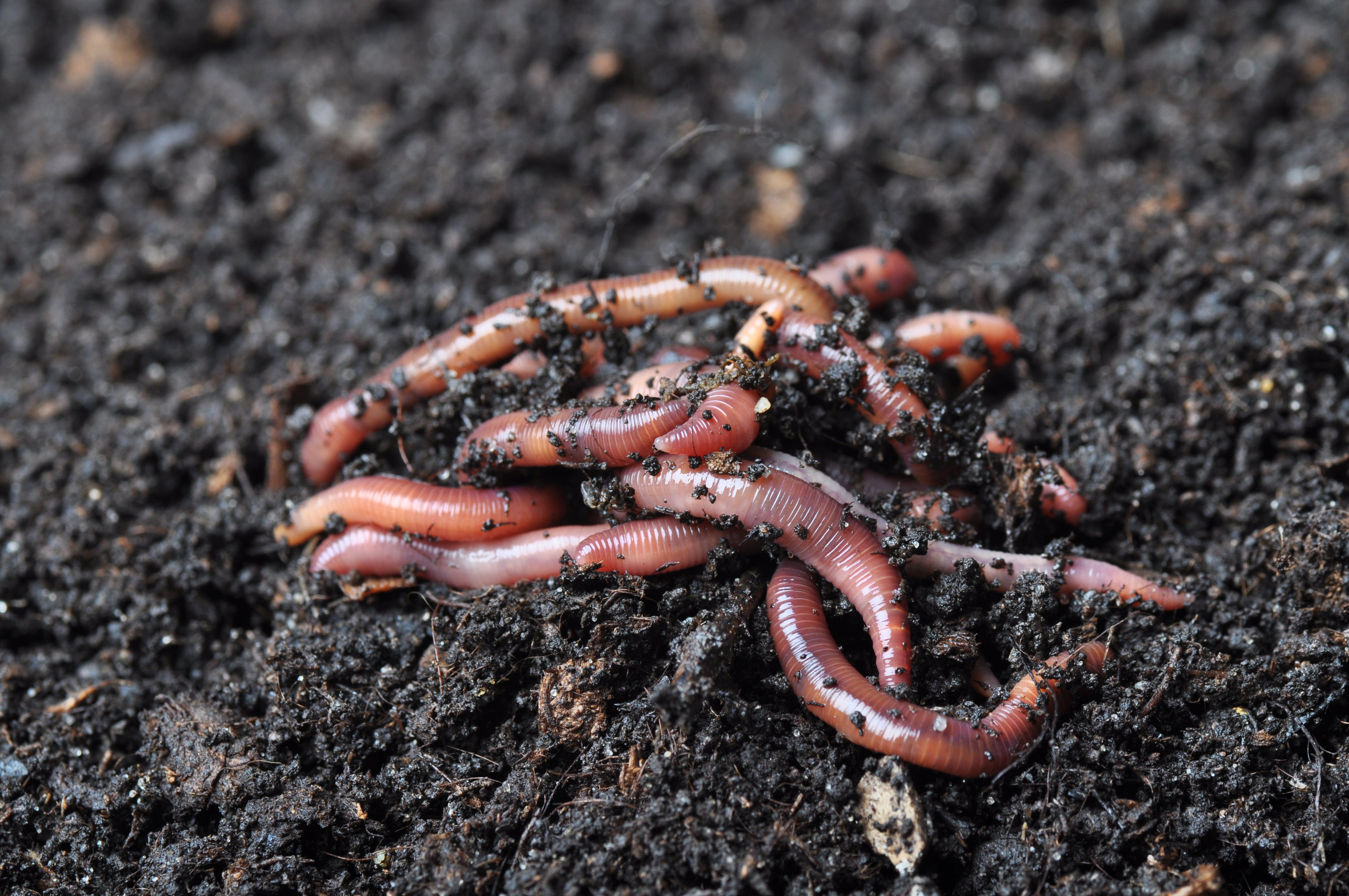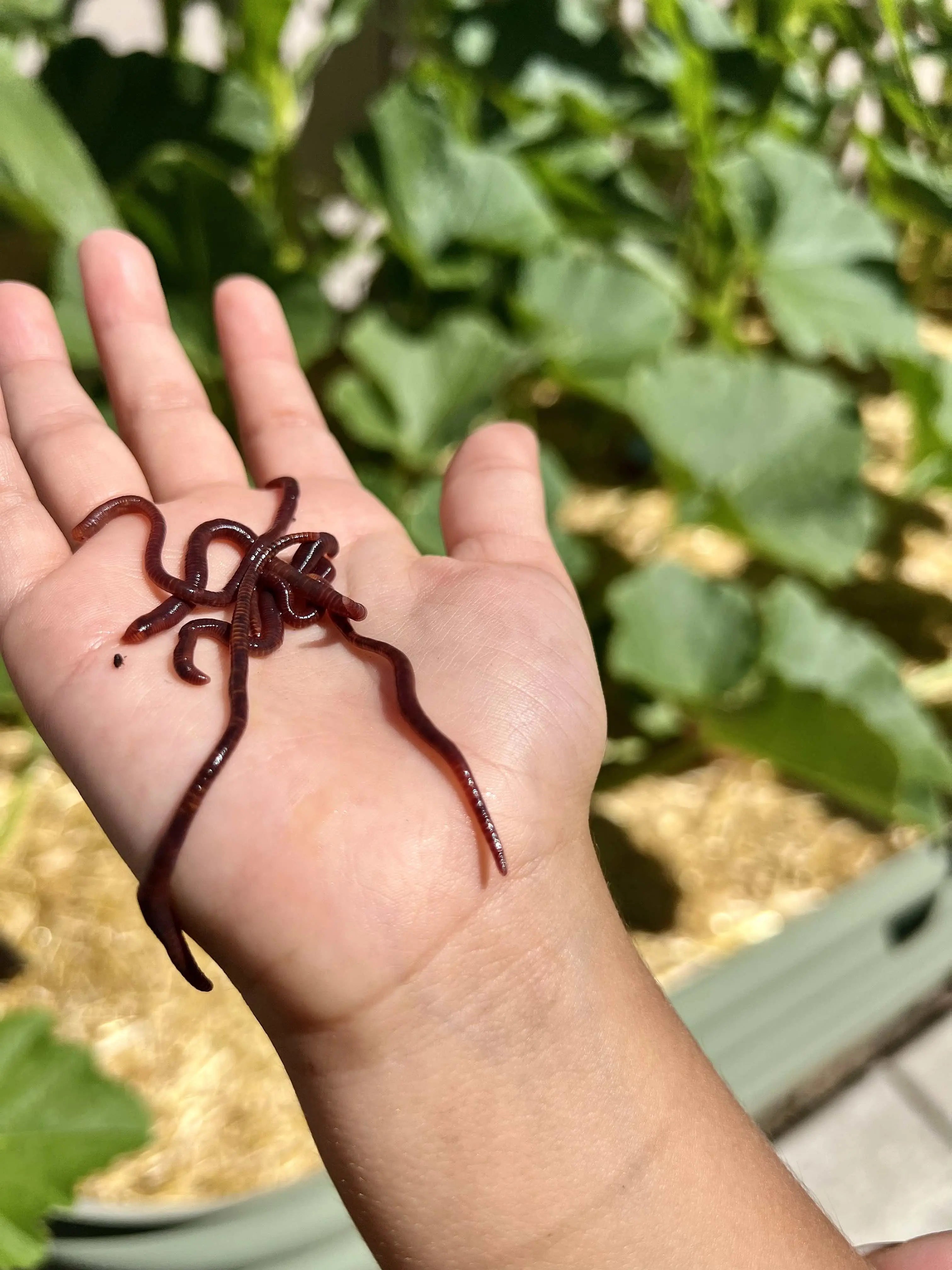Why Choose Red Wiggler Express for Quality and Trustworthy Fishing Bait?
Why Choose Red Wiggler Express for Quality and Trustworthy Fishing Bait?
Blog Article
Unlock the Secrets of Red Wigglers: Your Overview to Composting Success
The combination of red wigglers into composting practices provides a substantial chance for boosting soil health and wellness and advertising sustainability. Recognizing their needs and actions is crucial for maximizing their capacity, from establishing up an appropriate worm container to feeding them the right materials.

What Are Red Wigglers?
(Red Wiggler Express)Red wigglers, medically called Eisenia fetida, are a types of earthworm largely made use of in composting due to their impressive capacity to break down raw material effectively. These worms are characterized by their reddish-brown coloration and a fractional body, typically determining in between 3 to 4 inches in length. Unlike various other earthworm varieties, red wigglers thrive in abundant, natural settings, making them suitable for vermicomposting systems.
Belonging To The United States And copyright, they are commonly located in decaying fallen leaves and garden compost heaps, where they play a crucial role in nutrient recycling. Their adaptation to living in a wet, cardio setting enables them to eat big amounts of natural waste, simplifying right into nutrient-rich spreadings that improve dirt health.
Red wigglers reproduce rapidly, with a single worm qualified of producing a number of cocoons each week, each consisting of several hatchlings. Understanding the biology and behavior of red wigglers is crucial for optimizing their potential in composting applications.
Benefits of Utilizing Red Wigglers
Harnessing the power of red wigglers in composting uses numerous advantages that boost dirt health and promote lasting waste administration. These remarkable microorganisms effectively damage down natural issue, transforming kitchen scraps and backyard waste into nutrient-rich vermicompost. This ended up item is incredibly useful for plant development, as it improves dirt framework, boosts dampness retention, and enhances vitamins and mineral availability.

(Red Wiggler Express)Additionally, the visibility of red wigglers in your composting system can speed up the composting process, creating high-grade compost in a portion of the moment compared to conventional methods. The castings produced by these worms are likewise bursting with helpful microbes that additionally improve the soil ecological community.
Establishing Your Worm Bin
Creating an efficient worm container is a straightforward process that can considerably boost your composting initiatives. Worm bins can be made from plastic storage space containers, wood boxes, or readily available worm bins.
Next, prepare the bed linen material, which serves as the worms' habitat. A mix of shredded paper, cardboard, and coconut coir works well, providing a comfortable setting for the worms.

Feeding Your Red Wigglers
To ensure the health and efficiency of your red wigglers, it is important to provide them with a well balanced diet that meets their nutritional requirements. Red wigglers prosper on a varied array of organic materials, which not just supply required nutrients yet additionally advertise effective composting.
Start by including kitchen scraps such as vegetable peels, fruit cores, and coffee grounds. Stay clear of citrus fruits, onions, and garlic, as these can be detrimental to worm wellness. In addition, present shredded paper, cardboard, and dry leaves to produce a well-aerated setting.
Feeding frequency should be checked; generally, worms can take in half their like this body weight in food weekly. It is critical to avoid overfeeding, as excess food can cause unpleasant odors and draw in bugs. An excellent technique is to include food in little amounts, allowing worms to refine it prior to presenting much more.
Maintaining dampness levels is additionally vital; the bed linens needs to perspire however not soaked. Be sure to routinely check the temperature and pH levels of the container to guarantee an optimal atmosphere for your red wigglers, eventually enhancing their composting performance.
Harvesting and Using Garden Compost
An effective composting process with red wigglers finishes in the rich, dark compost called vermicompost, which can significantly enhance soil health and plant growth. Gathering this nutrient-dense product typically happens every 3 to 6 months, depending upon the dimension of your system and the amount of raw material being refined.
To gather, gently separate the compost from the worms and any type of undecomposed materials. One reliable technique involves relocating the materials of the container away and adding fresh bedding and food to the vacant area, encouraging the worms to move. After a couple of days, the compost can be gathered from the contrary side.
It is necessary to make use of vermicompost properly to optimize its advantages. By including vermicompost right into your horticulture regimen, you not just recycle organic waste however additionally create a flourishing environment that sustains sustainable horticulture techniques.
Final Thought
In summary, red wigglers function as exceptional allies in composting initiatives, transforming organic waste right into nutrient-rich vermicompost (Red Wiggler Express). Their one-of-a-kind biological attributes and effective waste processing capabilities add substantially to sustainable horticulture practices. By recognizing the optimal problems for their habitat, feeding demands, and garden compost harvesting strategies, gardeners can enhance soil health and promote plant vigor. Accepting vermicomposting not just lowers landfill waste yet also promotes an extra ecologically accountable method to gardening and resource administration.
Report this page